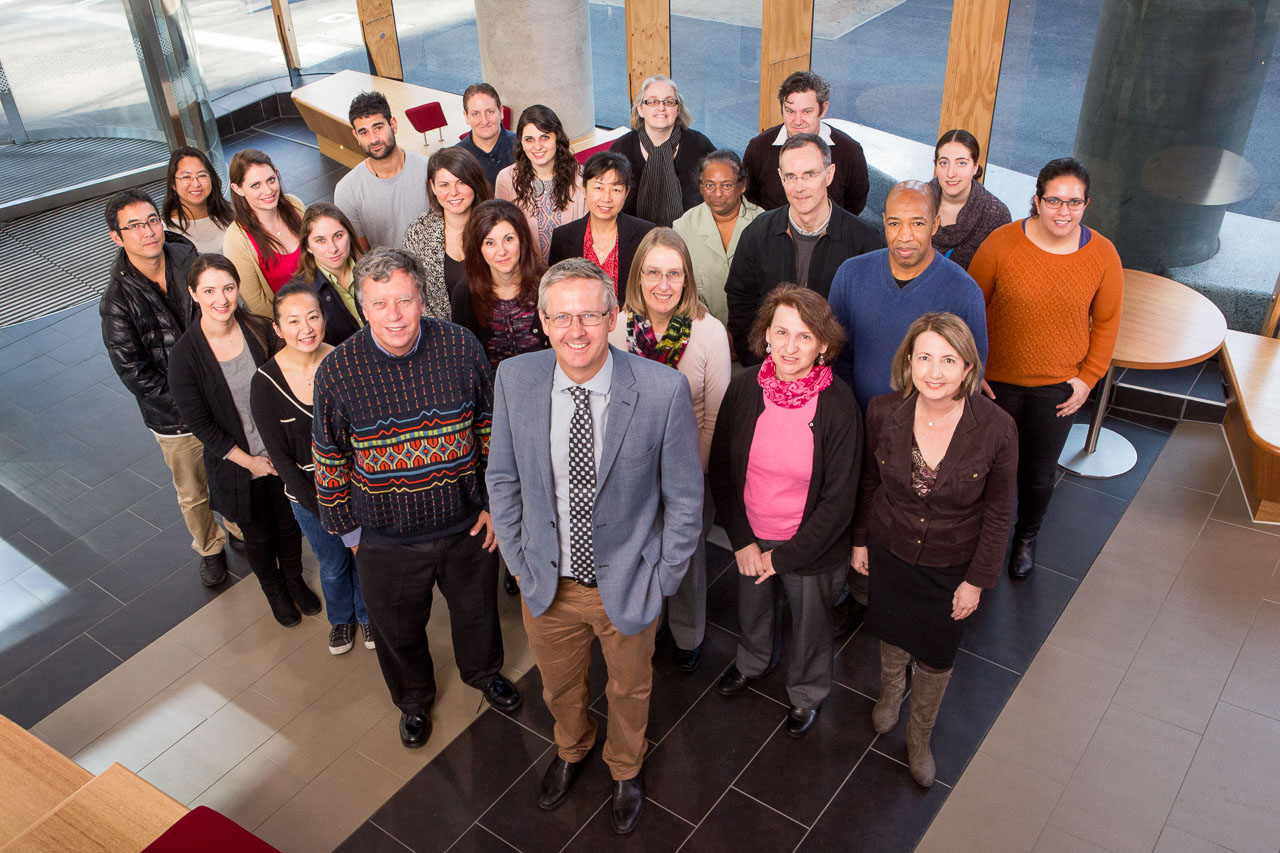Dr Mark Schultz is a bioinformatician in the Microbiological Diagnostic Unit Public Health Laboratory (MDU PHL). He has a background in biology, specifically bacterial genomics, metagenomics, evolutionary biology and molecular ecology. In his current role he performs research on the genomic evolution of antimicrobial resistance and develops software tools for routine analysis of bacterial genome and hepatitis A virus sequence data generated by public health laboratories for outbreak surveillance.
-
Key Achievements
-
Mark spent three years in the Holt laboratory at the University of Melbourne studying the genomic evolution of antimicrobial resistance in gram-negative bacterial pathogens, principally Acinetobacter baumannii and Klebsiella pneumoniae. He continues research and diagnostic service in this general field in the Howden Lab and MDU PHL, under the supervision of Professor Ben Howden, Dr Torsten Seemann and Dr Anders Gonçalves da Silva. Over recent years, Mark has endeavoured to establish a collaboration with the Royal Melbourne Hospital to examine the microbiome of the hospital environment. Mark completed his PhD in 2009 at Charles Darwin University, Australia. Dr Mark Schultz's publications can be found here.
Research Groups
-
Howden Group
Research from Professor Ben Howden’s group research uses genomics, molecular biology, epidemiology and clinical studies to address a broad range of issues related to invasive bacterial diseases in humans, especially those caused by staphylococci, enterococci and other antimicrobial-resistant species. Additionally, working closely with scientists in the MDU PHL, they investigate the epidemiology, evolution, and spread of bacterial pathogens of public health significance such as Neisseria gonorrhoea, Listeria monocytogenes, Shigella and Salmonella spp., Legionella spp., and carbapenemase-producing gram-negative bacteria.
Lab Team

-
Director Of Microbiological Diagnostic Unit (MDU) Public Health Laboratory
-
Clinical Microbiologist & Infectious Diseases Physician
-
-
Computational Microbiologist, Bioinformatician
-
-
-
Dr Anders Gonçalves da Silva
-
-
-
-
-
-
-
-
Dr Andre Mu
Research Officer
-
Robyn Lee
Research Fellow




